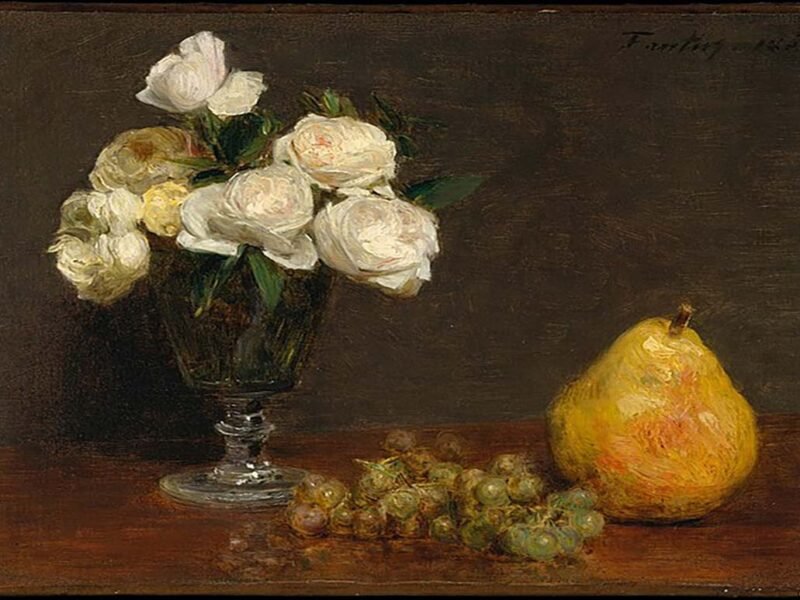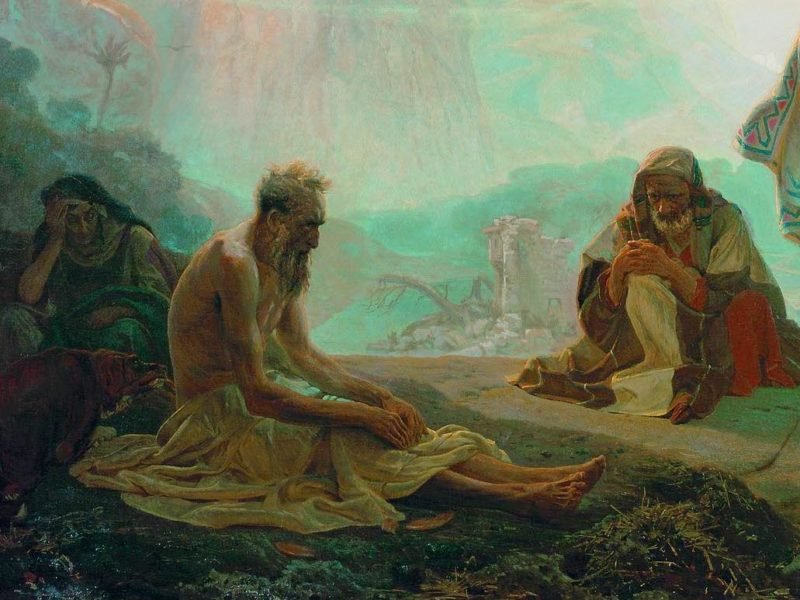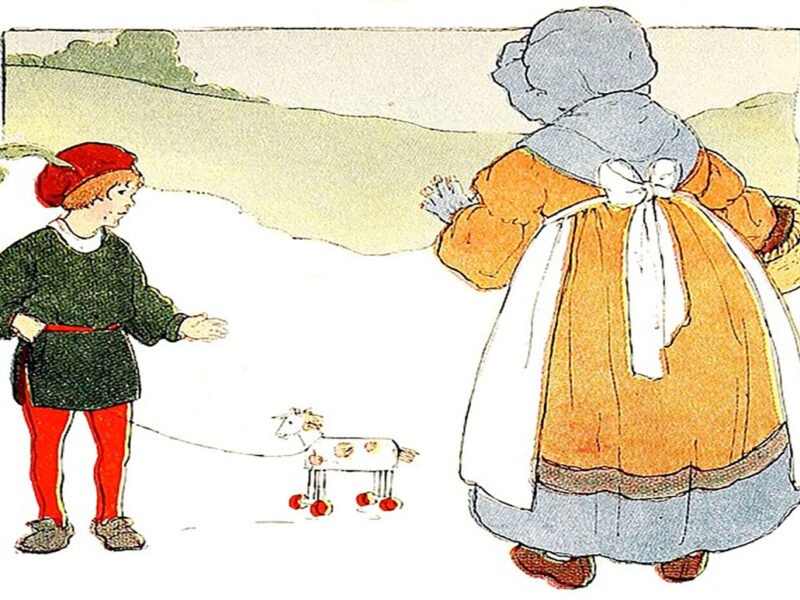People say there are no longer any ogres left in the world, but it is not true. I have a friend in a distant country who was afflicted by one for some years.
Bran had amassed a great collection of historical and artistic material on behalf of his nation and was famous for his work with archival materials. He was a sort of king in his country—the man to whom you would go with any question about ancient monuments (for this was a country of hill forts and castles and stone enclosures) or historical treasures.
Just as a dwarf, say, is attracted to a dragon by treasure, so an ogre is attracted by fame and collected wisdom, as well as barrows and towers. In the old, stony days, an ogre sometimes carried a club, but today the very most one ever sees is a walking stick, sturdy but always elegant in shape. A successful modern ogre becomes friends with ministers of the government, and can make herself—in this case, it happens to have been a she-ogre, but it is the very same for a he-ogre—small enough to ride in the minister’s pocket, even as small as a flea. Of course, history tells us that fleas may carry the plague and other distempers…
The she-ogre, a sort of Madame Humbaba, made attacks on the heaped-up treasure collected and administered by my friend, though she always referred and deferred to her friend and mentor, the Minister of Deep Pockets, if any obstacles threatened to rear up in her path. In this way, she appeared to gain the affections of the government.
It is not a bit hard to see that governments adore ogres because they frequently have been run by them. In those interesting cases, the ogres have managed to eat a great deal of treasure, including the treasure of human lives. A Congress or Parliament can fit into the pocket of an ogre, including the very Minister who thinks that she lives in his.
My friend Bran, under attack for so many years, began to have health problems, some cosmetic, some serious. At night he dreamed of brawling with his ruddy, knobble-headed, hungry enemy, her eyes like cartwheels, her mouth like an open well, her hair like a tangled bush. Much of his own hair refused to stay rooted in his skull, and some of his friends suggested a good-quality toupee, or a small mink cap to hide the ravages of stress and protect the survivors. Both of these options he refused with Job-like fortitude, accepting although not relishing the change. Because the ogre infiltrated his dreams, he ground his teeth at night when he slept. In the morning the air was so full of minute particles of enamel that it seemed he lived in a cloud. One of his teeth loosened and had to be replaced by a ceramic model. More seriously, his constant need for defense against Mme. Humbaba’s covert warfare meant that his blood pressure shot up like an aerial mortar flung at the sky.
At last, feeling gnawed and that he could bear no more of his man-chomping Lady Goliath, he left the field, assigning his work to another. One might say that the ogre was victorious. Or one might simply note that the world is populated by many sorts of Bluebeards, including ogres, and that it is wise to keep alert, or else one may become a brunch for cannibals, for ogres love to dine heartily on flesh and then pick their teeth clean with the sharpened bones of men.






'ANGHENFIL' has no comments
Be the first to comment this post!